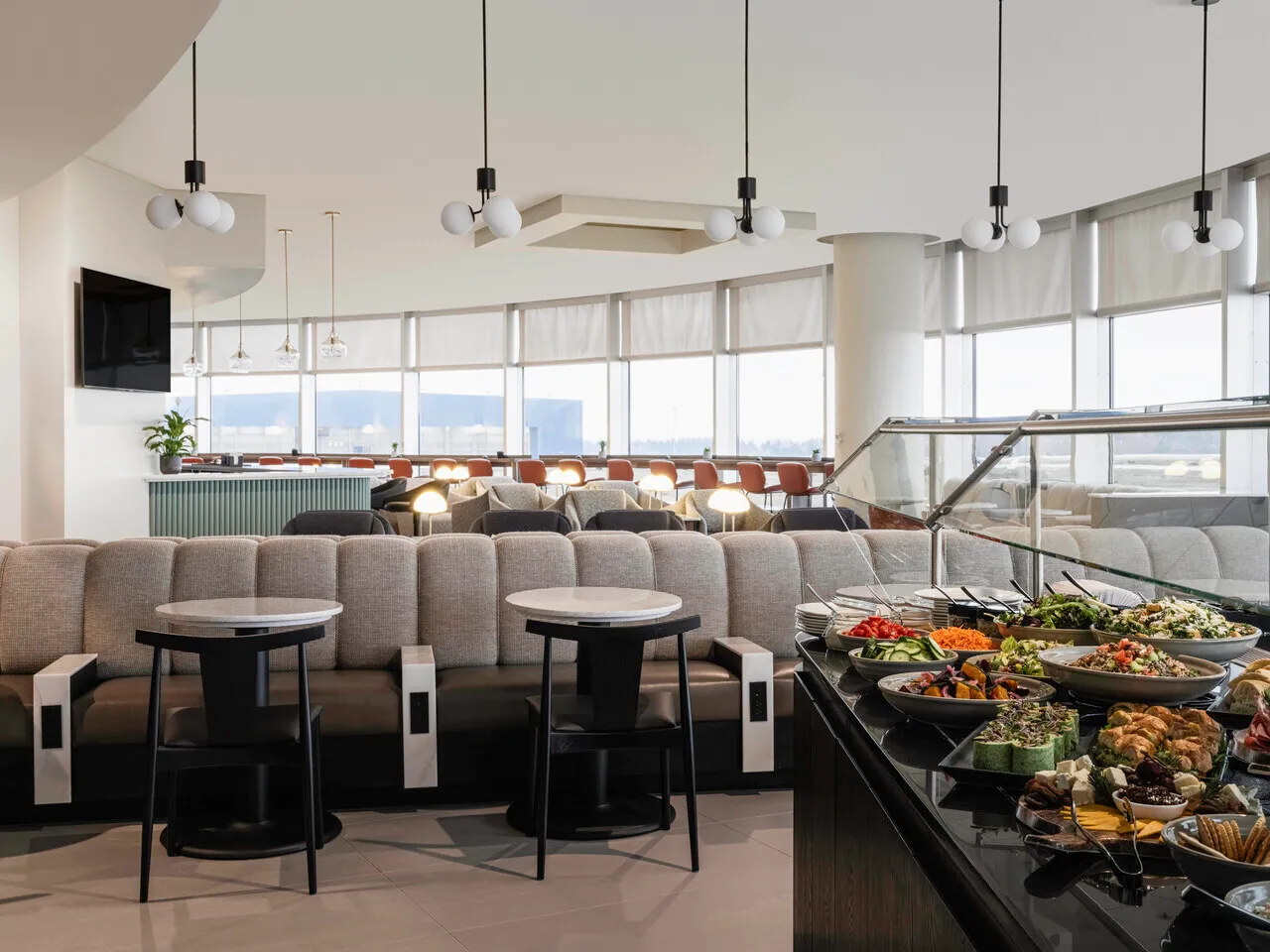Daily Podcast: Hotels Slow Their Price Hikes
Skift Take

Skift Daily Briefing Podcast
Listen to the day’s top travel stories in under four minutes every weekday.Today’s edition of Skift’s daily podcast says why we may have reached peak hotel prices in the United States, why Atlantic City wants to become a cannabis event hub, and what’s happening to the U.S.’s covid testing requirement for inbound visitors.
Listen Now
🎧 Subscribe
Apple Podcasts | Spotify | Youtube | RSS
Episode Notes
The White House announced on Friday that air travelers to the United States are no longer required to test negative for Covid prior to arrival, a move celebrated by travel executives who believed the testing requirement was impeding the sector’s recovery, reports Editorial Assistant Rashaad Jorden.
An official in the Biden administration said the U.S. Centers for Disease Control and Prevention was lifting the requirement, in place since January 2021, because science and data indicated it was no longer necessary. The move went into effect at 12:01 a.m. on Sunday. However, most non-citizen visitors will need proof of vaccination against Covid before flying to the U.S.
Travel executives — such as Nicholas Calio, president of trade group Airlines for America — applauded the White House’s announcement. Calio expressed optimism that lifting the pre-testing requirement would encourage more travelers to visit the U.S.
Next, hotel rates are continuing to rise as U.S. inflation hits a four-decade high, but the pace of those price hikes is slowing down, writes Senior Hospitality Editor Sean O’Neill.
The U.S. Bureau of Labor Statistics reported on Friday that hotel rates rose 1 percent from April to May, a decrease from the 2 percent jump between March and April and roughly 4 percent increase from February to March. Those jumps in hotel rates pale in comparison to the 22 percent increase from May 2021 to the same month this year. Meanwhile, overall inflation rose 8.6 percent over the last 12 months.
O’Neill writes that travel executives largely viewed the price hikes as good inflation because it revealed that hotels were commanding high rates in the midst of their recovery from the pandemic. But surging costs for labor and construction risk impacting hotel company margins despite the record levels of pricing and demand. O’Neill adds that labor costs may rise as hotels have hired more staff. Hotel employment is 18 percent below its pre-Covid level, according to figures released by the U.S. Labor Department earlier this month.
Finally, destinations across the U.S. are vying to be the convention capital of the increasingly lucrative cannabis industry — one of them being Atlantic City, writes Andrea Doyle, the Senior Editor for Skift Meetings.
Larry Sieg, the president and CEO of Meet AC, the city’s convention and visitors bureau, believes New Jersey legalizing cannabis created a new market for conventions in Atlantic City. The city, long famous for its casinos and Boardwalk, is scheduled to host the New Jersey Cannabis Convention this September. Stu Zakim, a member of the Marijuana Business Association, shares the same opinion, citing Atlantic City’s ample conference space as a reason the city will be an attractive setting for cannabis conventions.
Atlantic City is currently accepting applications for dispensaries. However, as casinos are part of a federal ban on cannabis, dispensaries will not be permitted in any of them.





